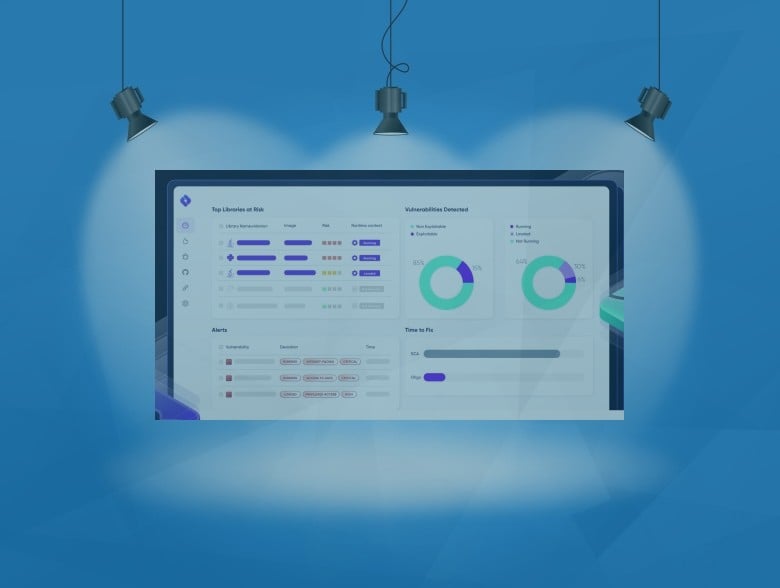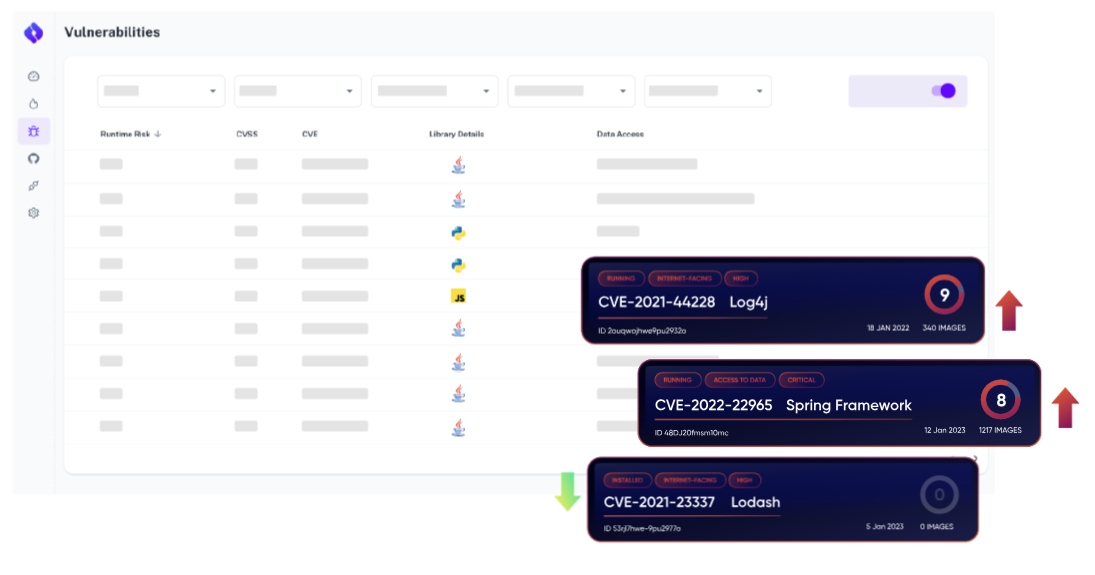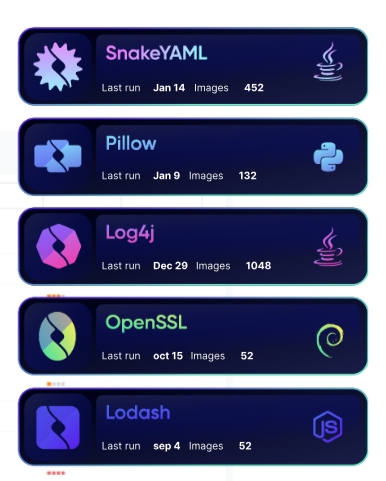- Qualcomm’s $2.4B Alphawave deal signals bold data center ambitions
- Is this the end of Intel-based Macs? Apple confirms bittersweet update policy for MacOS
- “고객 53%에겐 독이 됐다”···가트너가 경고한 ‘수동적 개인화’ 마케팅의 역설
- The best iOS 26 features announced at WWDC: I'm updating my iPhone for these reasons
- Your Apple Watch is getting a major upgrade. Here are the best features in WatchOS 26
Publisher’s Spotlight: Oligo: Protect Your Open Source Libraries

Oligo Security is one of the leading open source cybersecurity platforms, pioneering the next wave of application security with a runtime solution that is proactive, effective, and frictionless.
Oligo found that 85% of vulnerabilities generated by SCA (software composition analysis) tools are irrelevant and can’t be exploited because they are part of a library that is not running in the application. With that, security teams are facing an overwhelming amount of alerts that are not actually exploitable, with only 15% of CVEs scanned with traditional solutions posing a real risk leading to a waste of resources and a decreased trust in alerts.
“We founded Oligo to help security teams face the open source security challenge head on with a platform that removes the friction from runtime application security and contextually prioritizes open source vulnerabilities,” said Nadav Czerninski, co-founder and CEO at Oligo Security.
Security teams today face an overwhelming deluge of vulnerability alerts, many of them not actually relevant in their runtime environment. Solving this open source security challenge starts with the ability to accurately assess the risk of vulnerabilities. With its eBPF-powered platform, Oligo Security enables security teams to identify, prioritize, and respond to open-source vulnerabilities quickly and efficiently, both in pre-deployment and post-deployment environments.
Current open source security solutions flag theoretical threats, creating insurmountable backlogs for security teams. With its granular security approach Oligo focuses on real vulnerabilities that can be exploited, enabling organizations to streamline security processes. In addition, solutions today operate with a lack of application context, generating an overwhelming backlog of alerts with no prioritization. Oligo Security brings the signal-to-noise ratio down to an actionable level and increases the productivity of security teams by contextually prioritizing vulnerabilities.
Moreover, security teams have no adequate runtime protection, leaving them vulnerable to threats. Oligo removes the friction from runtime application security by employing advanced eBPF technology to break down the application into its individual library components and monitor their behavior at runtime. By inspecting each library’s behavior, Oligo can detect any deviations from normal or expected actions, thus providing a more comprehensive security solution. In addition, legacy solutions only stop generic attacks and already documented vulnerabilities.
“In September 2020, I discovered a way to hack into Instagram by exploiting a weakness in an open-source library. I was amazed by the fact that malicious behavior that goes beyond the permissions of the library could go undetected,” explained Gal Elbaz, co-founder and CTO at Oligo Security. “I realized that there was a significant gap in the way the market currently treats open source security and I wanted to make sure that this problem was resolved.”

Oligo Security changes the game by focusing on a library’s behavior and permissions instead of attacks. The company’s runtime solution, based on the principles of zero trust and least-privileged access, protects the production environment from any unexpected action taken by any open source library.
“Within the first three months of implementing Oligo, we saw a 70% decrease in total vulnerabilities, a testament to the efficacy of Oligo’s unique approach,” said Yaron Blachman, CTO & CISO at OpenWeb.
Yaron also noted, “Our exploitable attack surface was significantly reduced. We were able to act on real threats promptly. Oligo’s approach aligns perfectly with our security needs, providing us with accurate, actionable insights that drive our security operations.”
One of Oligo’s customers reduced the total number of vulnerabilities by 87% within the first few months of deploying the solution. Oligo’s platform saved the customer an estimated 300 hours in manual triage time per year by cutting down false positive alerts by 60%.

“Before Oligo, the noise from false positives and non-exploitable vulnerabilities was overwhelming. We were spending too much time sifting through these. With Oligo, we saw a significant reduction in the number of vulnerabilities. It meant we could focus more on our core development tasks while maintaining a strong security posture. As a DevOps team lead, this transition was invaluable in terms of the efficiency and morale of my team, ” said Alex Plotnikov, DevOps Team Lead at OpenWeb, “We managed to tackle our patching backlog swiftly, improving our security and efficiency.”
To learn more about Oligo, visit them online at https://www.oligo.security/
About the Author
 Gary Miliefsky is an internationally recognized cybersecurity expert, bestselling author and keynote speaker. He is a Founding Member of the US Department of Homeland Security, served on the National Information Security Group and served on the OVAL advisory board of MITRE responsible for the CVE Program. He founded and is the Publisher of Cyber Defense Magazine since 2012. Visit Gary online at: https://www.cyberdefensemagazine.com/
Gary Miliefsky is an internationally recognized cybersecurity expert, bestselling author and keynote speaker. He is a Founding Member of the US Department of Homeland Security, served on the National Information Security Group and served on the OVAL advisory board of MITRE responsible for the CVE Program. He founded and is the Publisher of Cyber Defense Magazine since 2012. Visit Gary online at: https://www.cyberdefensemagazine.com/

